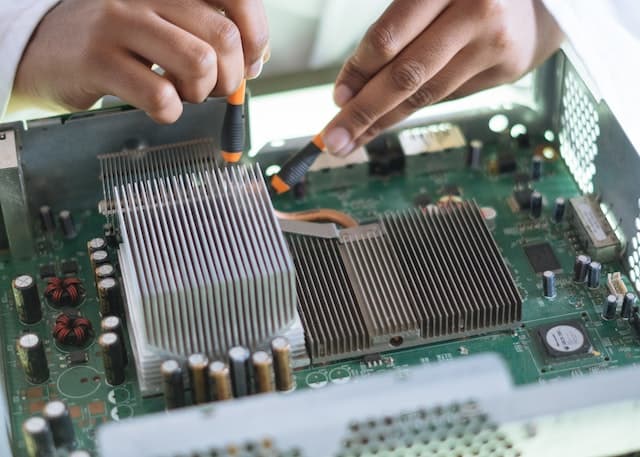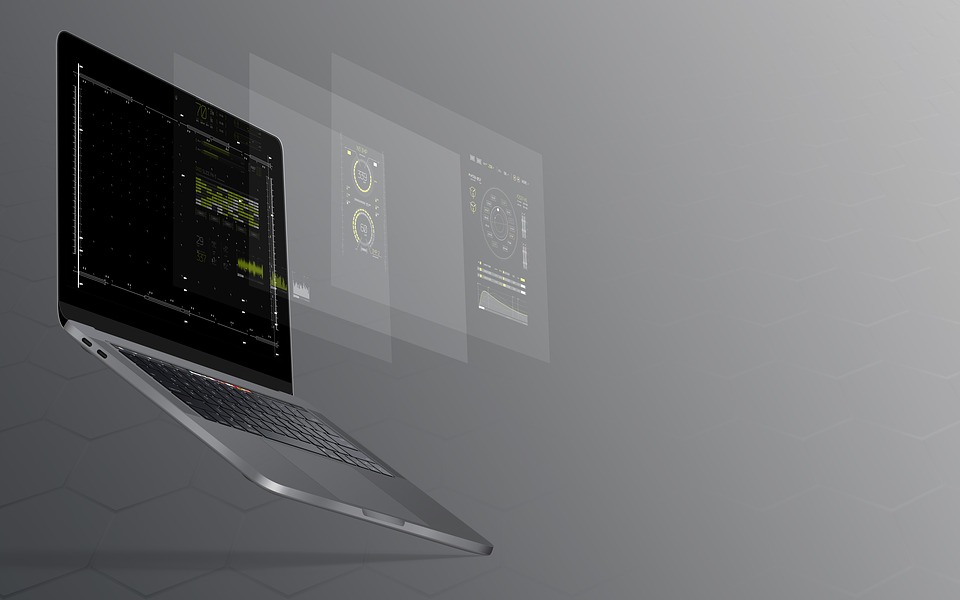Understanding the hardware that powers computers is crucial because they have become an indispensable part of our everyday lives. Computer hardware describes the actual parts of a computer device that make it work. These include peripheral devices, input and output devices, memory, storage, and the central processing unit (CPU). Click here to learn more about each of these important components of computer hardware or continue reading below.
Central Processing Unit (CPU)

The CPU, or “brain,” executes orders. Chips contain processors and controls. While the processor performs arithmetic and logic tasks, the control unit manages data flow between the processor, memory, and other components. CPU processing depends on processor count and gigahertz speed. (GHz).
Memory
Memory, also referred to as RAM (Random Access Memory), is a short-term storage space used by the CPU to temporarily keep data and instructions. The quicker a computer can access and process data, the more RAM it has. Gigabytes are the unit of measurement for memory. (GB).
Storage
On a computer system, permanent data and program storage are referred to as storage. Solid-state drives (SSDs) and hard disk drives (HDDs) are the two primary kinds of storage. HDDs use spinning disks to hold data, whereas SSDs use flash memory. Although they are more costly than HDDs, SSDs are faster and more dependable than HDDs.
Devices for Input and Output
Users can interact with a computer system by giving input using input devices, such as typing on a keyboard or using a mouse. The result of the computer system is displayed on output devices, like a monitor or a printer. Scanners, webcams, and mics are additional input devices, and speakers and headphones are output devices.
Portable Devices
External parts that connect to a computer system and improve its usefulness are called peripheral devices. External hard disks, USB flash drives, printers, and scanners are a few examples of peripheral devices.
Anyone who utilizes a computer needs to understand computer hardware. Users are able to make knowledgeable choices when buying or updating their computer systems thanks to it.
Users can improve a computer system’s performance and make sure it meets its requirements by being aware of its components. Knowing about computer hardware can help you get the most out of your computer, whether you’re an expert or a casual user.
